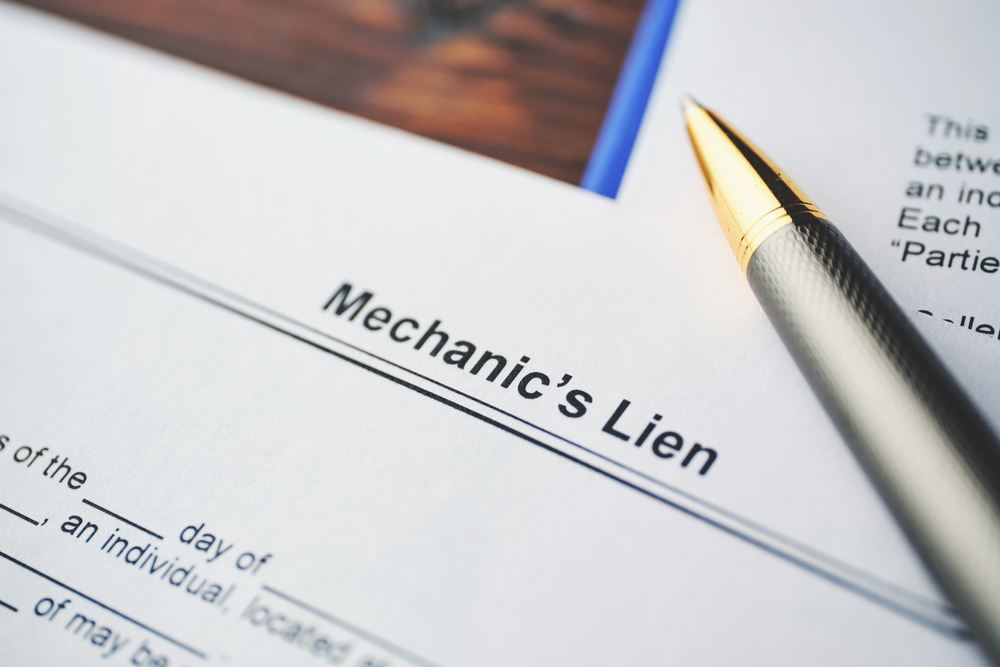If there’s one thing a construction attorney is probably not going to tell you, it’s the best way to avoid litigation. But there comes a point where you’ve seen as many people come through your door as I have that you say to yourself, “There has to be a better way.”
There’s no surefire way to stop litigation from happening. The particulars of every case are different. But in my experience, there are a few tried and true tips that most commercial subcontractors can bear in mind to help insulate themselves from potential litigation.
1. Get a Contract in Writing
I see this all the time. Someone comes in and says, “We agreed to XYZ, and I’ll get paid by 123”, but none of that is in writing. In fact, sometimes there’s no contract at all. Commercial subcontractors, understand that if it’s not in writing then you have no right to it. Before you start any project, make sure that you have a written contract. It can even be in plain English. A common misconception is that contracts need to have fancy legal language in order to be binding, but in most cases, that’s not true. All a contract needs to do is outline the parameters of a business transaction. Without a contract, you might be on the hook for that accident. You might not get paid for that work you verbally agreed to.
Without a contract, litigation may be the only course of action to remedy needs. Save yourself time and headaches. Get a contract. Cromeens Law Firm offers a flat rate for contract creation and review.
2. Have Your Contract Reviewed
Alright, say you have a contract but you don’t really know what you’re signing. No need to be ashamed. You’re not alone, but you are vulnerable. Even if you don’t want to negotiate any points of a contract, it’s worth it to sit down with a licensed construction attorney and know what you’re signing.
I’ve seen some truly wild contracts that no attorney worth their salt would let someone sign, but because the subcontractor signed without reviewing it thoroughly, the subcontractor is responsible for it all. And to fight it, litigation winds up being the only option but more often than not the subcontractor will say it’s not worth it to litigate and just get taken advantage of by a bad contract they didn’t fully understand the terms of before signing.
So make sure you know what you’re agreeing to in the full scope of your work. You can walk more confidently into a project knowing you’re prepared with that knowledge.
3. Negotiate If Necessary
If you do have issues with certain clauses or provisions of a contract, negotiate before signing. I’ll use an example.
Change order provisions. Most commercial contracts coming out now have a change order provision that outlines the steps that need to be taken in order to get a change order (increased scope of work, increased pay, etc.). What’ll sometimes happen is there’ll be a debate about the price of a change order. So what I’ve found has worked for my clients is negotiating a directive provision into contracts which means that the client will do the work and we’ll agree on a price later. But what I’ll work on with the client is a formula to determine that cost. That way, by the end of the project, they can come to whoever is hiring them and say, “Here’s how much this, this and this cost me.”
But if they hadn’t used a proper attorney to help them negotiate that provision, odds are that would have been money left on the table and free work from them.
4. Know Your Lien Rights
I’ve written about this before, but I can’t stress it enough. Know your lien rights. Because even if you do get into a dispute about something, filing a lien is a great leverage to get you paid for your work. Especially because they differ state by state, taking the time to understand what your rights are as a subcontractor can make a huge difference not only in how you run your business, but in how others view you in your industry. If you don’t let yourself get screwed, odds are people will stop trying!
You can’t totally avoid litigation. There’s so many factors outside your control, that all you can do is focus on what you can. That’s you, the job you do, and how well you do it. Quit screwing yourselves into nasty litigation. Show up with all your ducks in a row, do the job you’ve been hired to do and know that if anything goes wrong, you’ve got a firm who can help you out.
Need Legal Help?
A construction attorney brings a wealth of knowledge and experience to the table, allowing them to provide tailored legal solutions that are specifically designed to meet the needs of construction businesses.
The Cromeens Law Firm, PLLC know construction law, give us a call to find out more 713-715-7334.




